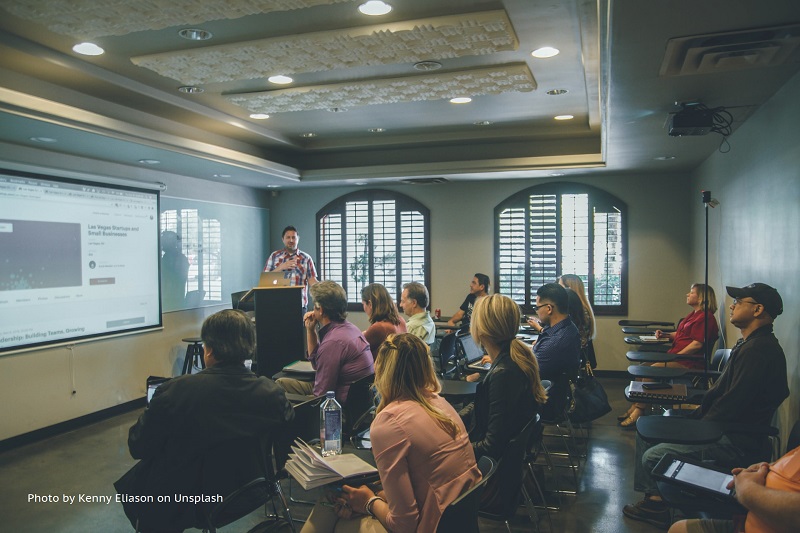The Transform4Europe Alliance invites scientists and researchers to apply for the Science Communication Programme. We are excited to announce a series of workshops conducted by science communication experts at the University of Silesia in Katowice
The aim of the project is to develop the science communication skills of researchers from T4EU partner universities and to create a joint Guideline for Best Practices in Science Communication.
This initiative will support academics in presenting their work more effectively, engaging diverse audiences, and integrating science communication into their research activities. Participants will also have the possibility to expand their skills in science communication – teaching, public speaking, and presenting scientific research. This is an excellent opportunity to develop current or future professional competencies.
The programme will include:
Workshops on Science Communication (13-14 October 2025)
A comprehensive series of interactive workshops, each led by an expert in the field, covering the principles, strategies, and practical techniques of science communication.
Development of the Guideline for Best Practices in Science Communication (after the workshops)
Knowledge and insights collected during workshops and festival activities will be compiled into a practical guideline for the entire T4EU alliance.
Optionally: Participation in the Silesian Science Festival (6-8 December 2025)
Selected researchers will be invited to one of Poland’s largest outreach events, where they will observe science communication practices in action, exchange experiences, and test their own skills.
Registration link: https://forms.gle/H3XMiwjfCCRj5JzS9
Deadline: apply by 3 October 2025
French science communicator and specialist in science communication. She holds a PhD in molecular biology from Pompeu Fabra University in Barcelona, having previously studied genetics in Clermont-Ferrand and Toulouse. Co-founder and scientific director of scisters.editions, a company combining science, communication, and design. For several years, she has been associated with La Rotonde (Center for Science, Technical and Industrial Culture) at Mines Saint-Étienne, where she organises debates with scientists, popular science events, exhibitions, and workshops; she also supports teachers in STEM education.
Science communicator, winner of the POP Science Award 2021 and FameLab Poland 2024. She earned her PhD in environmental engineering, mining, and energy at the Silesian University of Technology, for which she received the Prime Minister’s Award. Her research focuses on the toxicity of anticancer drugs in aquatic environments, including the use of fungi to remove them. She leads a grant funded by the National Science Centre and is a member of the Polish Biochemical Society and the Science Advocates Association. For several years, she has been promoting science through lectures, workshops, and science stand-up performances.
Philosopher of nature, academic lecturer, and science journalist. Assistant professor at the Copernicus Center for Interdisciplinary Studies at Jagiellonian University and editor at Tygodnik Powszechny. His main research area concerns evolutionary processes in the Universe, especially in astrochemistry. He is the author of the books Wszechświat krok po kroku (The Universe Step by Step, 2017), Światy równoległe (Parallel Worlds, 2020), and Trudno powiedzieć (Hard to Say, 2022). He also runs the YouTube channel Czytamy naturę (We Read Nature). Winner of the POP Science Award 2024, and twice nominated for the Grand Press Award.
British science communicator, board member of EUSEA, and international FameLab judge. He studied history and American studies at the University of Liverpool and trained in public speaking at LAMDA in London. Since 2007, he has been part of Science Made Simple, developing international STEM projects and training in more than 26 countries. He specialises in so-called science busking – sharing knowledge in public spaces through surprising scientific experiments. For his innovative ideas and creative contribution to spreading science, he received the Josh Award.






